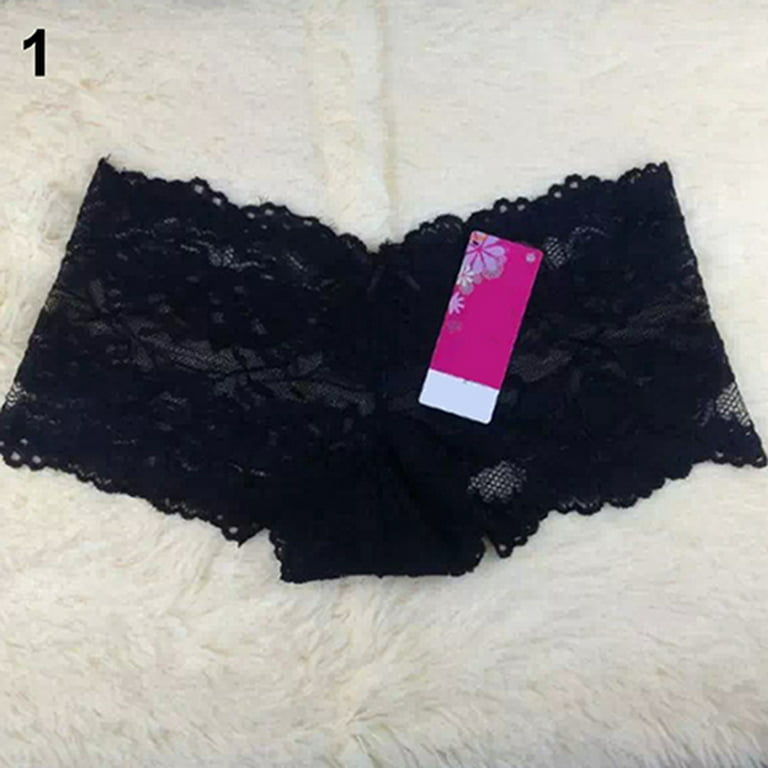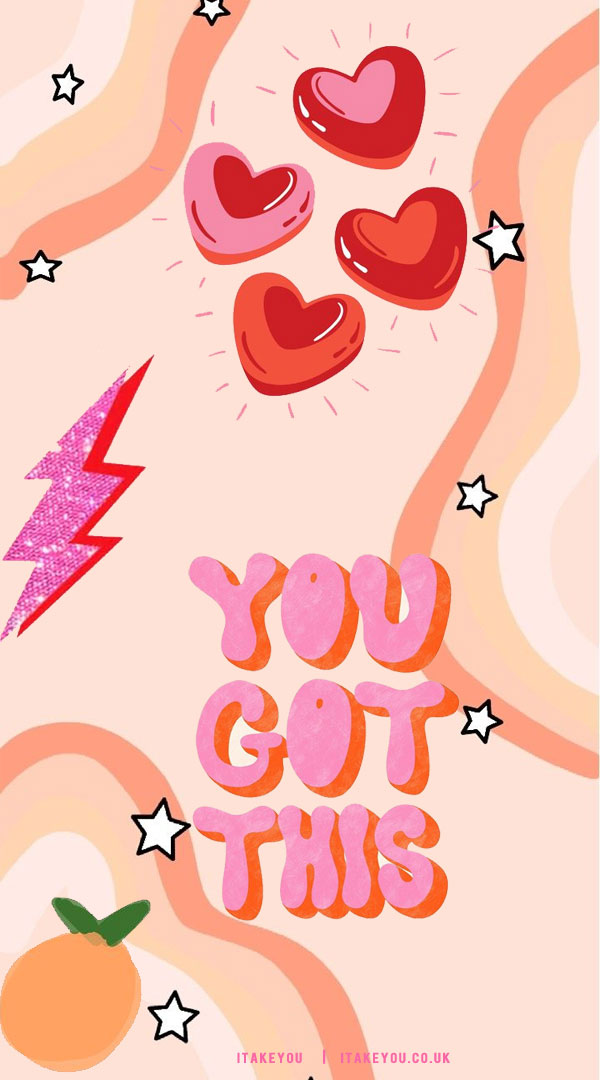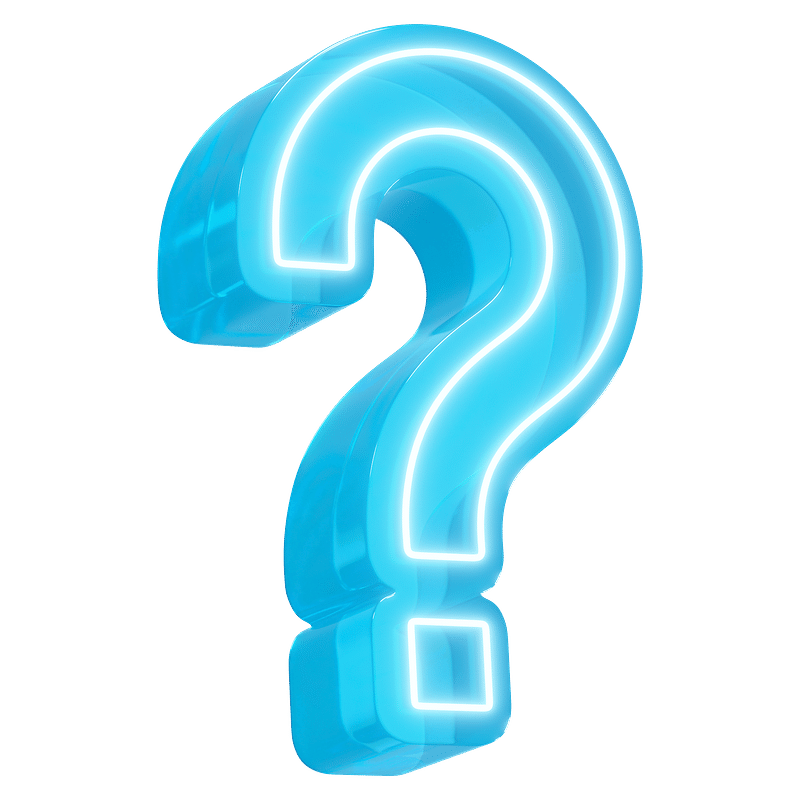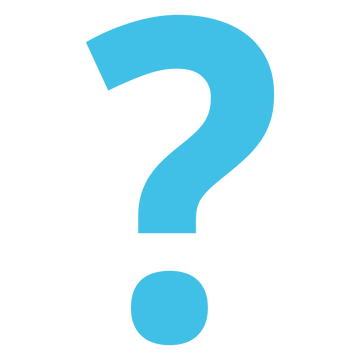
Question Mark The question mark (?; also known as an interrogation point, interrogation mark, question point, query or eroteme), is a punctuation mark that replaces the full stop (period) at the end of an interrogative sentence in English and many other languages. The question mark is not used for indirect questions. It is also often used in place of missing or unknown data. ?????????????? Origin: Long ago when scholars wrote in Latin, they would place the word questio – meaning “question” at the end of a sentence to indicate a query. Soon questio was shortened to qo to save space when writing, but this caused a different problem – readers might mistake it for the ending of a word. So they squashed the letters into a symbol (a lowercased q on top of an o). Over time the o became just a dot and the q changed into a squiggle, giving us our current question mark. * Try not to use question marks with other marks. It is considered bad to use a question mark in combination with other marks. In Japan, you may see this type of usage in manga books. Especially when translated from Japanese into English → !? Question marks can be used with other marks in informal prose to convey complex tones though: He told you what!? This combination (or similar combination) of punctuation marks is sometimes called an interrobang. The interrobang currently has no role in academic prose though. Rule 1. Use a question mark only after a direct question. Correct: Will Akiko go with me?Incorrect: I’m asking if Akiko will go with me? Rule 2a. A question mark replaces a period at the end of a sentence. Incorrect: Will you go with me?. Rule 2b. Because of Rule 2a, capitalize the word that follows a question mark. Some writers choose to overlook this rule in special cases. Example: Will you go with me? with Joe? with anyone? Rule 3a. Avoid the common trap of using question marks with indirect questions, which are statements that contain questions. Use a period after an indirect question. Incorrect: I wonder if Glen would go with me?Correct:I wonder if Glen would go with me.ORI […]

Interesting Histories: Comma, Dot, Question mark & Exclamation mark, by Paul Cathill, Interesting Histories

Where did the question mark come from?

Sparta - Wikipedia

The Grammarphobia Blog: Who invented the question mark?

The Origins of the Question Mark and Exclamation Point
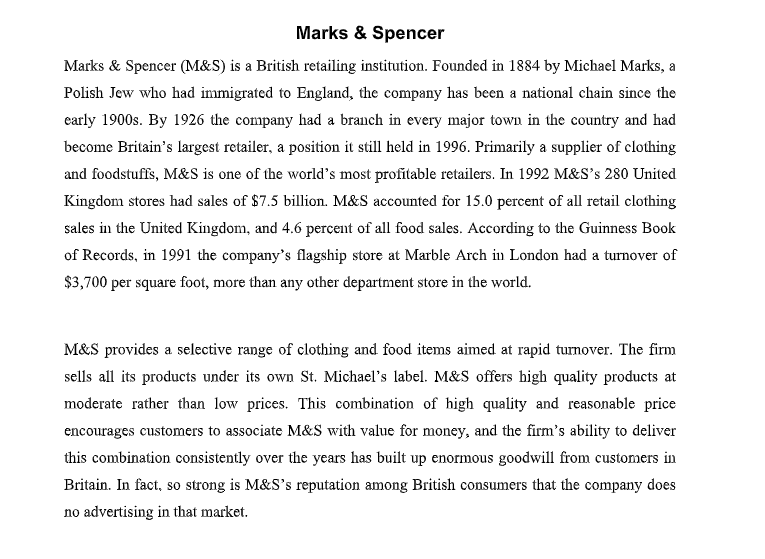
What is the origin of the question mark? - Quora

Question Mark Concept

Help - MacBook started with the File with Question Mark Icon, and now that I am in Disk Repair and cannot see my HD. It means I lost it forever? : r/mac
What is the origin of the question mark? - Quora

How to Select Best Mutual Funds - Travel Journal by Naina

What is the efficient market hypothesis? Definition & history - TheStreet

